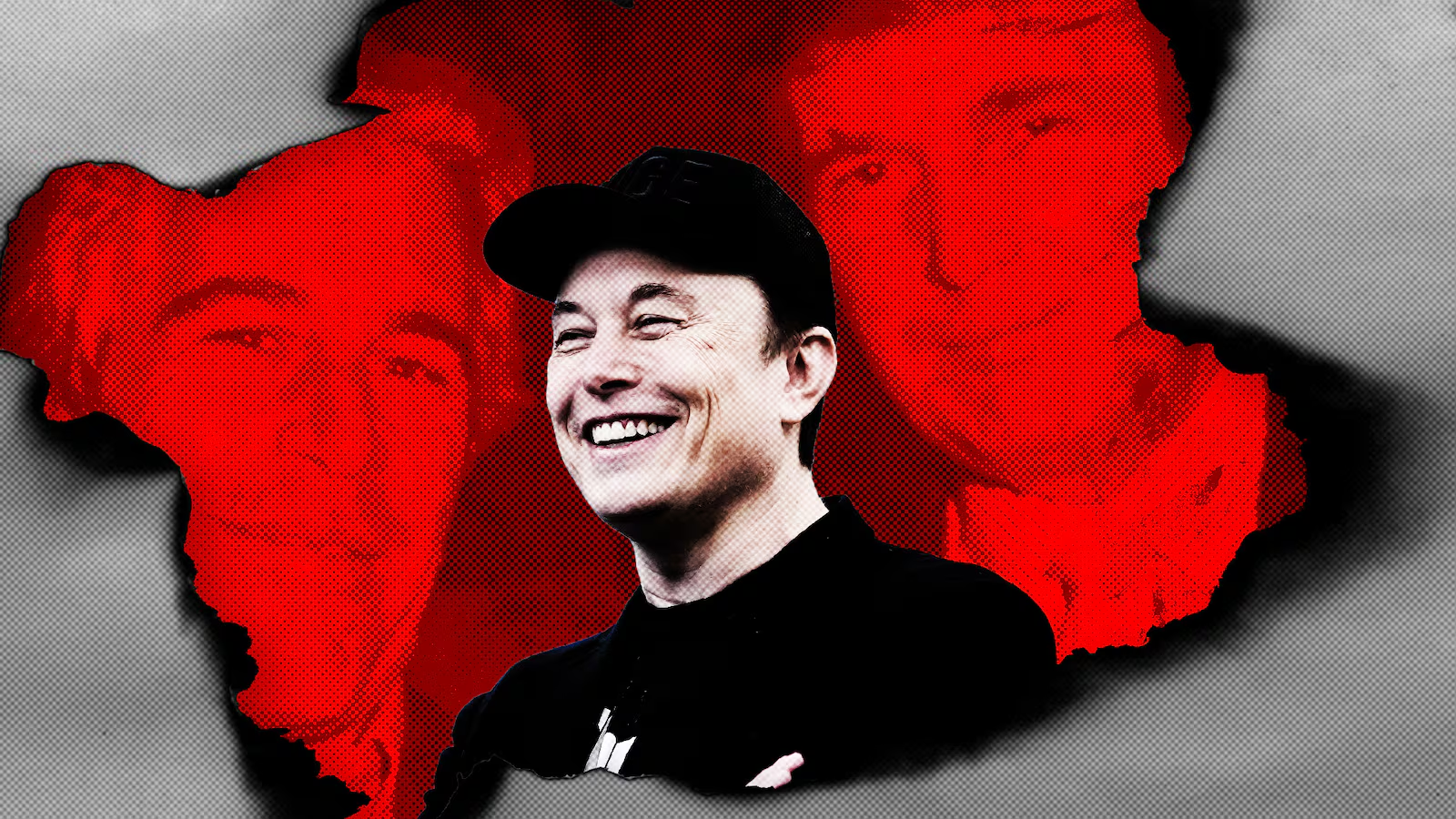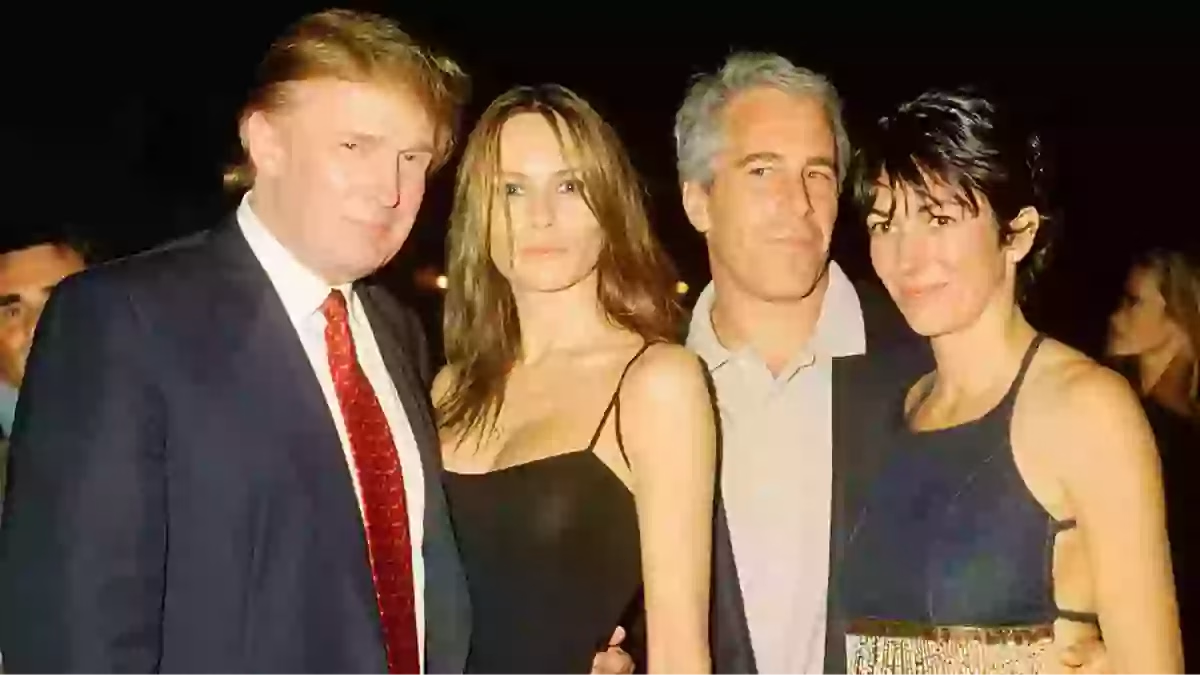By Mary Jones | Monday, July 21, 2025 | 7 min read
It’s one of the strangest, most frustrating stories of the past decade, and yet somehow, it vanished from public discourse almost as quickly as it arrived. Jeffrey Epstein, the convicted sex offender with a sprawling network of powerful friends, allegedly killed himself in federal custody under highly questionable circumstances. Ghislaine Maxwell, his longtime associate, is now serving a 20-year sentence for trafficking minors to — well, to no one, apparently. There’s no client list. No additional indictments. No thorough public accounting of who else was involved. And for many people, this makes absolutely no sense.
What’s even more astonishing is that the skepticism surrounding this case hasn’t been limited to online forums or fringe voices. It’s been echoed — loudly — by some of the most influential figures in the world.
Elon Musk, a man who now owns Twitter (rebranded as X) and has more digital reach than any traditional media outlet, put it bluntly in a viral post:
“Amazing that Epstein ‘killed himself’ and Ghislaine is in federal prison for a hoax.”
There was no follow-up. No need for explanation. The post said everything it needed to. It was sarcastic, piercing, and absolutely loaded. Musk wasn’t just making a casual observation. He was calling out what millions of people feel in their gut: something doesn’t add up.
Trump, too, has alluded to the Epstein-Maxwell situation as a kind of “hoax” — not necessarily in the sense that the crimes didn’t happen, but in the sense that the legal process has been incomplete at best, and suspiciously selective at worst. Trump has often used the word “hoax” to describe political smears or manipulated narratives, and in this context, his implication seems to be that the public is being shown one story while another, far more uncomfortable truth, is being kept out of reach.
Doubling down on his denials of any improper ties to Jeffrey Epstein, Donald Trump has filed a staggering $10 billion libel lawsuit against The Wall Street Journal, over an article that claimed he once sent Epstein a lewd letter accompanied by a sketch of a naked woman. In a post on Truth Social, Trump slammed the story as “false, malicious, [and] defamatory,” insisting the allegations were part of a broader smear campaign aimed at undermining his credibility and political resurgence. The lawsuit signals a sharp escalation in Trump’s efforts to distance himself from the lingering shadow of Epstein, a figure with whom he once shared social circles before publicly distancing himself years prior.
What’s remarkable about this convergence is that these aren’t anonymous critics or fringe theorists. These are public figures at the absolute peak of influence, expressing open disbelief in the story that was handed to the American people by the media and the legal system. And yet, even their voices haven’t moved the needle toward any deeper investigation.
Jeffrey Epstein’s death is still officially ruled a suicide, despite the fact that the conditions surrounding it were almost laughably improbable. Two surveillance cameras failed. Guards fell asleep. He had previously been on suicide watch — removed without much explanation. This was a high-profile inmate with a list of connections that included royalty, presidents, billionaires, and celebrities, and somehow, no one was watching when he supposedly took his own life. It’s not a conspiracy theory to say that’s suspicious. It’s just common sense.
But instead of a full-scale investigation, what we got was silence. A few news cycles of outrage. Some late-night comedy monologues. A few internet memes. And then — nothing. No unsealed records. No televised inquiry. No names revealed. The system, it seems, closed the book before the rest of us even had a chance to read it.
Ghislaine Maxwell’s trial added a bizarre new layer to the already surreal case. She was convicted on charges of sex trafficking minors to Epstein, but what many people found hard to swallow was the total lack of focus on the “clients.” Who was she trafficking these girls to? Where are the names? Where is the accountability?
Imagine a drug bust where the dealer goes to prison, but the entire customer list vanishes. No one else is charged. No one else is investigated. The cops say, “Case closed,” and walk away. That’s what the Epstein-Maxwell case feels like to millions of people — not justice, but damage control.
So when Musk posted his ironic jab and Trump called it a hoax, they weren’t just being provocative. They were vocalizing a much larger cultural frustration — a sense that powerful people can do unthinkable things, and the system is either too compromised or too afraid to touch them.
That frustration isn’t just about Epstein and Maxwell. It’s about what they represent: a nexus of wealth, secrecy, and influence that seems immune to consequence. It’s about how institutions that claim to protect the public — law enforcement, media, the courts — can somehow lose their voice when it comes to holding the elite accountable.
You don’t have to be cynical to feel that. You just have to be paying attention.
Part of what makes this story so infuriating is how neatly it has been packaged and put away. The public was offered a beginning, a middle, and a vague conclusion, with major gaps papered over by technicalities and silence. The media moved on. Politicians stopped asking questions. The outrage faded, not because it was resolved, but because people got tired of shouting into the void.
Yet the questions remain. Why did Epstein’s connections never face real scrutiny? Why has the Maxwell trial been so tightly controlled, with so little transparency? Why are there no broader investigations into the people who flew to the island, stayed at his properties, or were named by victims? And why does it seem like no one in authority wants to talk about any of it?
It’s not enough to say “we’ll never know.” That’s the excuse of a culture that has surrendered to apathy. The truth is knowable. It’s there, in flight logs, emails, testimonies, and sealed court records. But getting to it would require going after people with power, influence, and money — and that, it seems, is where the appetite for justice ends.
The most bitter irony in all of this is that Ghislaine Maxwell is now serving a decades-long sentence, and yet the story feels unresolved. She’s in prison, yes, but the system still hasn’t answered the most basic question: for whom did she traffic those girls?
That’s what Musk’s post captured so well. Not the crime itself, but the absurdity of the outcome. It’s “amazing” — not in the sense of impressive, but in the sense of stunning. Shocking. Hard to believe. A woman goes to federal prison for trafficking minors to a man who supposedly killed himself under suspicious circumstances. No one else is named. No one else is punished. And the world is told to move on.
Some people might call that justice. Others — including some of the most powerful voices in the world — call it a hoax.
See What the Algorithms Think — Live Search Engine Ranking Insights
Yahoo and Google are now ranking Mein Kampf & Trump: A Dangerous Resemblance among trending political books and articles. What’s fueling the attention? Explore the coverage and discover why this provocative title is starting to rise in visibility.
- Yahoo Ranking: https://bit.ly/4lmhSCz
- Google Ranking: https://bit.ly/44LFppG
Copyright 2025 FN, NewsRoom.






